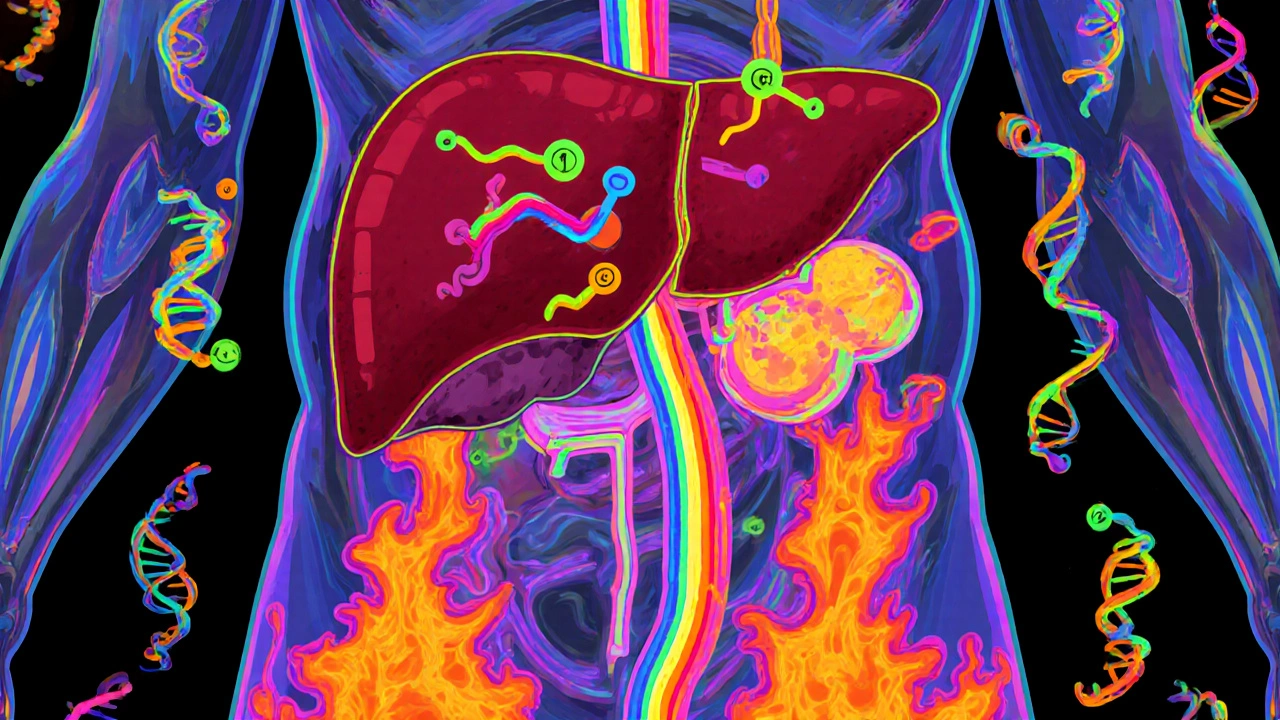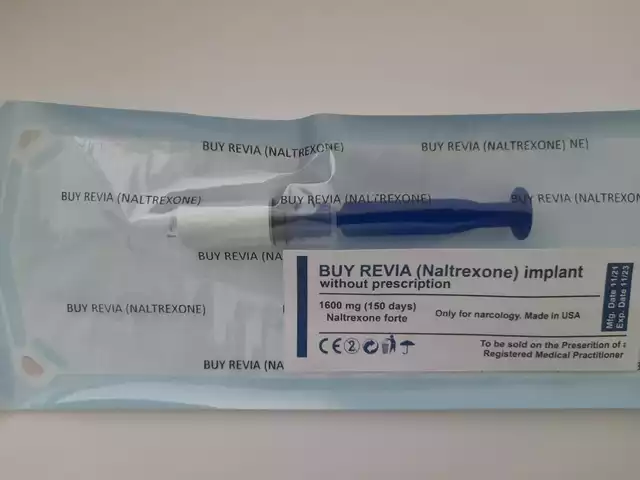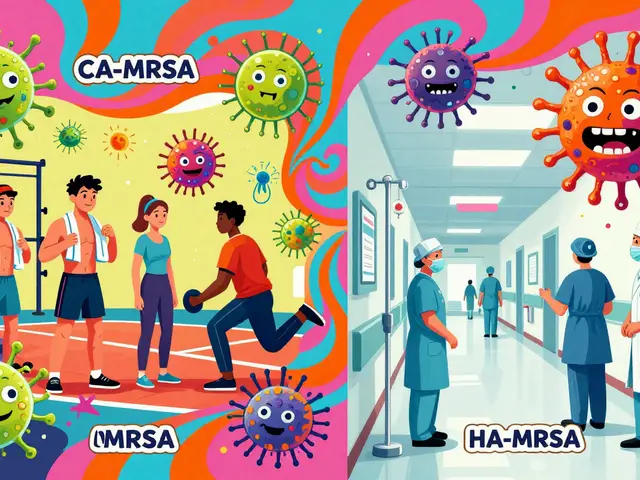Statin Myopathy: What It Is, How It Affects You, and What to Do
When you take a statin, a class of cholesterol-lowering drugs used to reduce heart attack and stroke risk. Also known as HMG-CoA reductase inhibitors, they work by blocking an enzyme your liver needs to make cholesterol. But for some people, that same mechanism starts breaking down muscle tissue—this is called statin myopathy, a muscle disorder triggered by statin use that causes pain, weakness, and sometimes dangerous inflammation. It’s not just soreness after a workout. This is muscle damage you can’t ignore.
Statin myopathy isn’t rare. About 1 in 10 people on statins report muscle discomfort. For most, it’s mild—just a dull ache or cramp. But in rare cases, it escalates to rhabdomyolysis, a severe condition where muscle fibers break down and flood the bloodstream, risking kidney failure. The real danger? Many doctors miss it. They blame aging, inactivity, or dehydration. But if your muscles hurt after starting a statin—and the pain doesn’t go away—you’re not imagining it.
What makes it worse? Combining statins with certain supplements, other meds, or intense exercise. Some people take creatine kinase, a muscle enzyme that spikes when muscle damage occurs. Blood tests for this enzyme are the only reliable way to confirm statin myopathy. If your levels are high and you’re on a statin, switching to a different type—like pravastatin or fluvastatin—often helps. So does cutting back on alcohol, avoiding grapefruit, and adjusting your workout routine.
You don’t have to quit statins if you get statin myopathy. Many people switch to a lower dose, change the drug, or add CoQ10 and find relief. But you need to act fast. Ignoring muscle pain can lead to permanent damage. And if you’re active, you need to know which exercises are safe. Yoga and walking? Usually fine. Heavy lifting or sprinting? Not so much.
Below, you’ll find real advice from people who’ve been there. We’ve gathered posts that explain how to tell if your muscle pain is from statins or something else, which statins are least likely to cause trouble, how to exercise without making it worse, and what lab tests actually matter. No fluff. No guesswork. Just what works.
Genetic Factors in Statin Tolerance: How Pharmacogenomics Testing Can Help
Genetic testing for SLCO1B1 variants can identify people at high risk of statin-induced muscle pain, helping doctors choose safer alternatives like pravastatin instead of simvastatin. This precision approach improves adherence and heart health.






